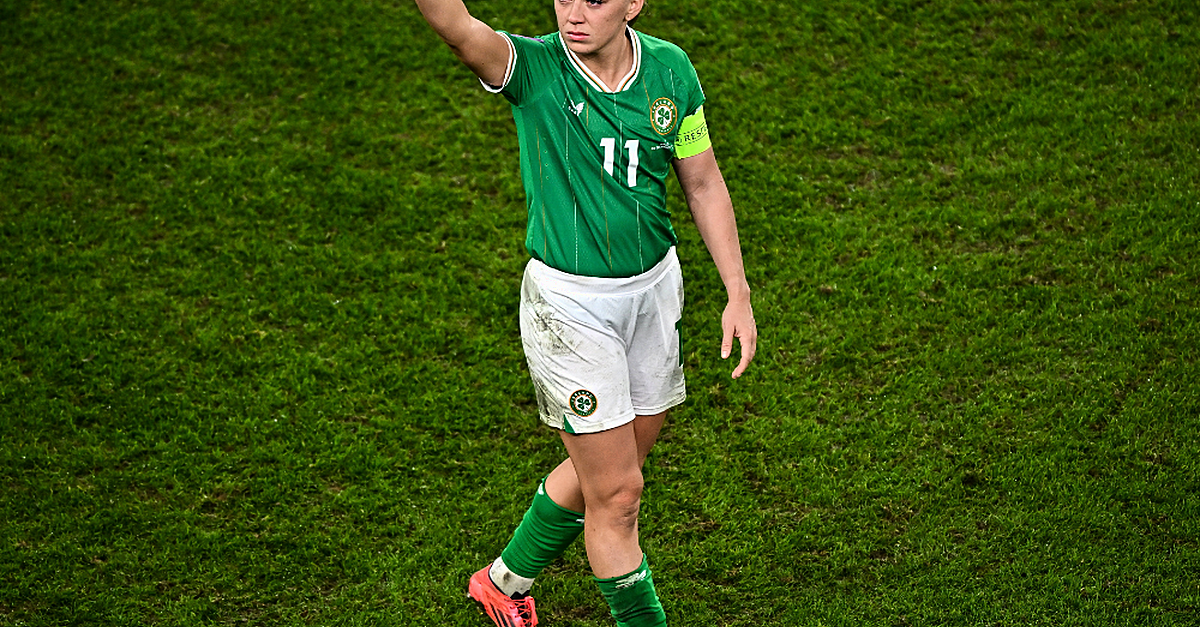However, solely focusing on who is at fault misses the bigger picture: how Ireland is going to keep the momentum going after the 2023 UEFA World Cup qualification.
That achievement ignited hope like never before. Irish girls started to dream of a future in football, participation rates increased, and the country got a glimpse of its potential. But keeping that momentum alive takes more than a single moment of success—it requires consistent performance and long-term planning.
Take the Lionesses as an example. Their victory at the 2022 UEFA Women’s Euros triggered investment at every level, from grassroots programs to elite facilities, the ripple effects were massive. Young girls now see a clear path to not just playing the game but thriving in it.
For Ireland, the story could take a different path. While World Cup qualification was groundbreaking, the failure to build on it could stall progress, as it did for the Irish Women’s Rugby team after the 2014 World Cup Championship. Success on the pitch drives belief, interest, and funding, so it’s crucial to keep striving for competitive results. But results alone aren’t enough; the conversation needs to shift towards how the sport will be supported at every level.
The FAI now faces a choice. Will they let these setbacks define the future of women’s football in Ireland? Or will they focus on building a system that nurtures talent, ensures visibility, and fosters long-term sustainability? Success isn’t a straight line—it’s cyclical. Last year showed us what’s possible for this team, but it’s what happens in the years between the big moments that builds a lasting football culture, or sporting culture for that matter.
Investing in youth academies and better coaching structures has to be a top priority. It is also equally important to support sportswomen in leadership roles, whether as players, coaches, or decision-makers. That means approaching criticism of figures like Eileen Gleeson, Katie McCabe and Vera Pauw, with fairness, and recognising that systemic issues are often at the root of these struggles.
If we want to keep the dream alive for young Irish girls inspired by the World Cup, the focus needs to go beyond winning games, because winning is never guaranteed. That’s the whole point of sport after all. If we want to keep their dream alive, we need to create a culture where girls see a consistent future for themselves in the Irish football scene. And hopefully, the long-term investment alongside consistent inspiration will create an Irish squad that also produces results on the international stage and keeps the cycle of hope alive.
The dream sparked by the World Cup qualification does not have to die with this defeat.
Young Irish girls who saw themselves in that team need to know that football is for them, that their dreams matter, and that they have a future in sport. That’s where our role as journalists, fans, parents, sporting bodies, etc comes in. To keep the younger generation engaged, we need visible success stories—on and off the pitch.
The road ahead is undeniably challenging, but Irish women’s football has already shown it can inspire a nation. The task now is to ensure that inspiration doesn’t fade.

